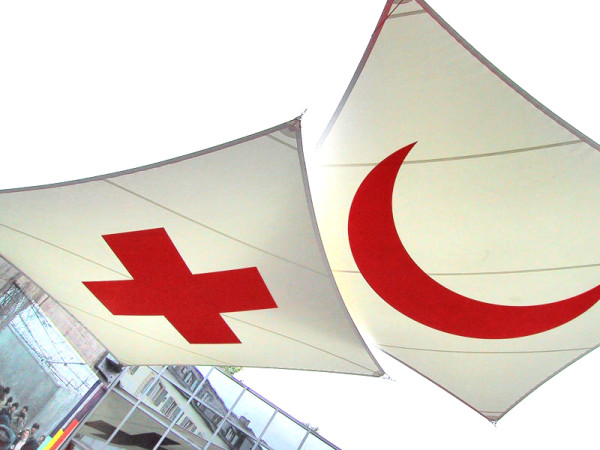The global Red Cross and Red Crescent movement today reiterated its deep concern about the catastrophic humanitarian consequences of any use of nuclear weapons and adopted a four-year action plan towards ensuring that nuclear weapons are never used again. The world’s largest humanitarian organisation reiterated its objective to prohibit the use of and completely eliminate nuclear weapons. The resolution was adopted unanimously at the Council of Delegates meeting in Sydney, the highest governing body of the movement. This year’s resolution follows up the landmark resolution of the previous Council of Delegates meeting in Geneva in 2011: Working working towards the elimination of nuclear weapons (http://www.icrc.org/eng/resources/documents/resolution/council-delegates-resolution-1-2011.htm)
The resolution was sponsored by close to 40 national societies. The floor was opened by a moving statement from Fiji Red Cross on behalf of all the societies of the Pacific region, many of whom have bitter direct experience of the lasting ravages caused by nuclear test explosions. Supportive interventions were heard from national societies from each continent.
The resolution outlines activities for every part of the global Red Cross and Red Crescent movement to take in support of its implementation; at national, regional and international levels. National societies are urged to publish the resolution; communicate and engage governments and parliamentarians; and raise awareness of the resolution at all levels within each national society including with governance, staff, volunteers and youth members. National societies are urged to communicate to the public; host public events; and pursue opportunities to engage with specialised audiences including academic, health, humanitarian, environmental, legal and scientific communities. The action plan urges discussion of the catastrophic humanitarian consequences of the use of nuclear weapons in national publications, engaging with national disaster planning agencies to examine the consequences of nuclear weapons detonations and response capacity, and encouraging involvement of disaster planning officials in the development of national positions on nuclear weapons.
The lead role of representing the movement in multilateral forums on this issue is taken by the International Committee of the Red Cross (ICRC), which will also provide reports on results achieved, next steps and opportunities for action by national societies. The Federation of Red Cross and Red Crescent Societies which links all national societies has already established a network for all parts of the movement to share resources, information and experiences, and each national society is asked to appoint a focal point to facilitate implementation of the resolution and share information and experiences with other national societies.
The resolution affirms the position set out in 2011 that nuclear weapons must never be used again. It reaffirms the Red Cross and Red Crescent movement’s call urging all governments to take concrete steps leading to the negotiation of a legally binding international agreement to prohibit the use of an completely eliminate nuclear weapons, and to conclude such negotiations as a matter of urgency.










